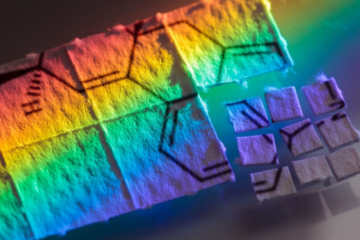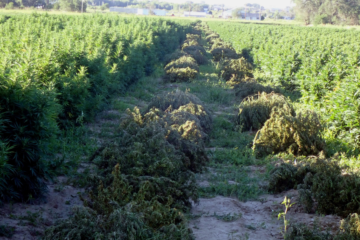Cannabis has long been associated with the phenomenon known as the “munchies.” But why does smoking weed make you crave food? Let’s delve into the science behind this intriguing effect.
The Role of THC
Tetrahydrocannabinol (THC), the primary psychoactive compound in cannabis, plays a key role in stimulating appetite. When you consume cannabis, THC interacts with cannabinoid receptors in your brain, mimicking the effects of naturally occurring endocannabinoids. These receptors are involved in signaling hunger, mood, and pain perception.

The Brain’s Hunger Switch
Research has shown that THC flips a switch in the hypothalamus, a brain region responsible for regulating hunger. Instead of producing the chemical that signals fullness, suddenly neurons start telling the hypothalamus that you’re hungry. Even if you’ve just had a meal, smoking pot can activate these hunger-promoting neurons.
The Smell and Taste Intensification
Cannabis also affects cannabinoid receptors in the olfactory bulb, enhancing the perception of food smell and taste. This intensified sensory experience can lead to increased food consumption.
While these findings are based on studies in mice, further research is needed to determine if similar mechanisms occur in humans. So next time you reach for that bag of chips after a smoke session, know that THC is likely playing a trick on your brain, making you feel ravenously hungry.



